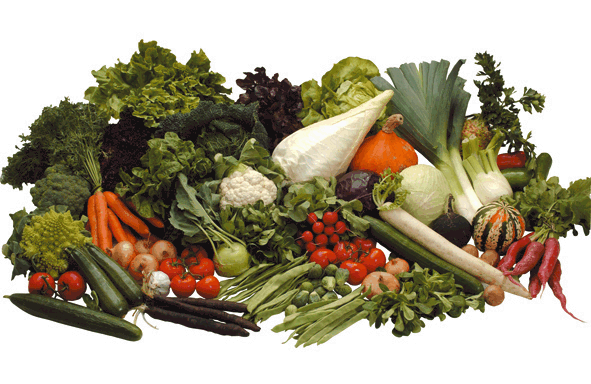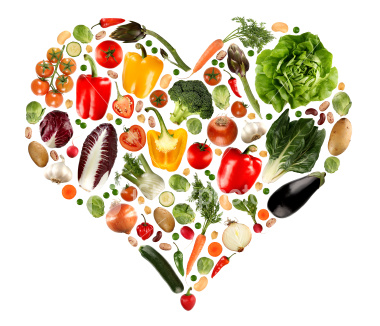Your Monthly Check-Up: Vital Nutrients

Do you feel like something’s missing? Something important that you can’t quite put your finger on? Maybe a little vitamin D, iron or omega-3 fatty acids? What’s that? You don’t know if you’re missing any of these vital nutrients? Then keep reading.
One of the problems with nutrition in America is that people are getting plenty to eat; they’re just not eating enough of the right things. “Heavily processed foods full of refined flours and processed sugars provide plenty of calories but not a lot of nutrients,” says nutrition expert Alan Gaby, MD, quoted in the article “When Nutrients Go Missing” by Matthew Kadey, MSc, RD in October’s issue of “EXPERIENCE L!FE” magazine. “In essence, we are overfed but undernourished.”
In his article, Kadey points to five essential nutrients that are going missing from the American diet. Not only do these nutrients provide life-sustaining benefits and prevent health problems, but serious symptoms can potentially arise if the body becomes deficient. These nutrients, in alphabetical order, are iron, magnesium, omega-3 fatty acids, vitamin D and vitamin E.
Iron
The function of iron is to help red blood cells transport oxygen from the lungs throughout the body – kind of important, right? An iron deficiency causes anemia, brittle nails, swelling or soreness of the tongue, frequent infections and affects memory and attention. Heavy menstruation, too much processed food, not enough red meat and sometimes endurance sports can all cause iron deficiency.
Magnesium
Eating a lot of processed grub? Then you’re probably short on this nutrient, which comes from plant-based whole foods. Each and every one of your cells needs magnesium for energy production and performing many other chemical reactions. A deficiency in magnesium may “exacerbate inflammation, which can set the stage for cancer, stroke and even type 2 diabetes,” according to Kadey’s article.
Omega-3 Fatty Acids
Many Americans are conditioned to steer clear of the word “fat,” but this is one you actually want to have in your body. Omega-3 helps with inflammation, which can “lower your chances for depression and dementia, reduce cancer and diabetes risk and improve joint health,” as stated in the article. Omega-3s come from fatty fish like wild salmon, sardines and mackerel, as well as grass-fed meats.
Vitamin D
According to Michael Wald, PhD, ND, an expert source Kadey quotes in his article, vitamin D is “necessary for every single cell of every single tissue in the body to work optimally.” Vitamin D acts more like a hormone than a vitamin and helps the body absorb calcium. The biggest source of D is from the sun, which is probably why three-quarters of Americans are deficient, so get out there!
Vitamin E
Found in nuts, seeds, olive oil, avocados, whole grains and dark leafy greens, vitamin E is an antioxidant and an enemy of bacteria and viruses that helps maintain your immune system and assists in the development of red blood cells. Though deficiency is rare, steering clear of processed foods wouldn’t hurt. Also, try to get enough sleep and avoid excess sugar and environment pollution.
While your best bet is to acquire these nutrients through their whole food source, sometimes this just isn’t possible, in which case supplements for all of these nutrients are generally widely available. Get all the facts by reading the “EXPERIENCE L!FE” article in its entirety here.

